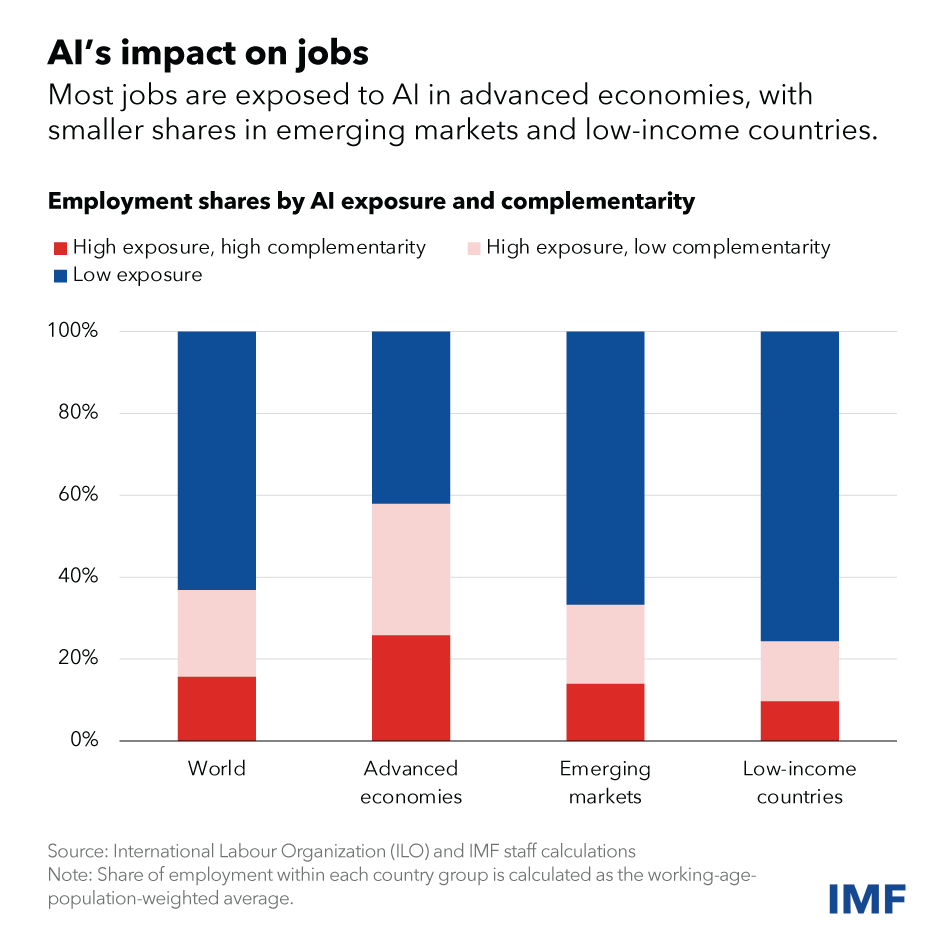The Impact of AI on Jobs and Automation
Introduction
Artificial intelligence (AI) and automation are drastically reshaping the global workforce. According to McKinsey, by 2030, up to 800 million workers could be displaced by robots. This creates both challenges and opportunities in the job market, where repetitive tasks are increasingly automated, but creative and adaptive roles are on the rise.
Repetitive Tasks vs. Creative Tasks
One of the key distinctions in understanding AI's impact on jobs is between repetitive tasks and creative tasks. Repetitive tasks, such as data entry or factory work, are highly susceptible to automation. Conversely, creative tasks, which require problem-solving and decision-making, are less likely to be replaced.
For example, at a dry cleaner's, the sorting and labeling of clothes—a repetitive task—has been automated using machines and barcodes. However, determining the best cleaning solution for specific fabrics or stains still demands human expertise.
The Adaptive Economy
As AI becomes more pervasive, workers must embrace an adaptive economy, where continuous learning and upskilling are crucial. Many jobs will evolve, requiring workers to expand their skill sets.
For instance, factory workers who once operated a single machine now manage entire lines of automated machines, a shift that requires technical training and adaptability.
The Importance of Education and Training
In the AI-driven future, education and training are essential. Workers need to focus on skills that complement AI, including critical thinking, creativity, and emotional intelligence.
Take radiology as an example: while AI can rapidly analyze medical images, it is up to the radiologist to interpret the AI’s findings and provide a diagnosis based on their medical expertise.
Ethical Implications of AI
The growing role of AI in the workplace also raises important ethical considerations, such as bias and privacy. AI systems, if not properly monitored, can lead to discriminatory outcomes.
For example, a hiring algorithm once biased against women learned to associate words like "women’s" and "female" with lower-paying jobs, excluding them from higher-paying roles. This highlights the need for transparency, fairness, and accountability in AI.
Conclusion
AI and automation are reshaping the world of work by automating repetitive tasks and creating new opportunities in creative and adaptive roles. To succeed in this evolving landscape, workers must focus on upskilling and reskilling, while companies and policymakers must address the ethical implications of AI. By investing in education, training, and ethical AI, we can ensure that the workforce adapts and thrives in the AI era.













